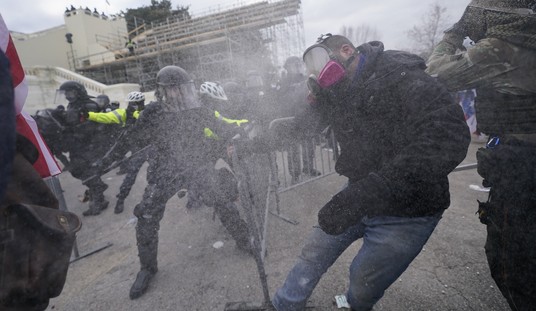The Department of Homeland Security’s (DHS) decision to terminate Temporary Protected Status (TPS) for more than half a million Haitians marks a long-overdue return to common-sense immigration policy. Originally granted as a temporary humanitarian measure following the 2010 earthquake, TPS has been repeatedly extended for over a decade, turning an emergency provision into a permanent status. However, the Trump administration’s move will improve the national interest of the U.S., contrary to the goals of the Biden administration.
On Friday, the DHS announced that the legal status of over 500,000 Haitians currently living in the United States will terminate on August 3, 2025, with the termination taking effect on September 2. The Trump administration argued that conditions in Haiti have improved sufficiently for them to return home and reiterated that the program is intended to be temporary.
“This decision restores integrity in our immigration system and ensures that Temporary Protective Status is actually temporary,” a DHS spokesperson said. “The environmental situation in Haiti has improved enough that it is safe for Haitian citizens to return home. We encourage these individuals to take advantage of the Department’s resources in returning to Haiti, which can be arranged through the CBP Home app. Haitian nationals may pursue lawful status through other immigration benefit requests, if eligible.”
Republicans have argued that TPS undermines the rule of law and disrespects the legal immigration process. While the U.S. strives to provide a humanitarian response to crises, it cannot serve as a permanent refuge for every country experiencing hardship. TPS was created to focus on temporary current realities, not politics or pressure to keep foreign nationals in the U.S.
During his 2024 reelection campaign, President Donald Trump promised to “absolutely… revoke it, and I’d bring them back to their country,” including Haitian TPS holders in areas such as Springfield, Ohio. He has repeatedly criticized the Haitians on TPS status, saying they are “not legal” and that they need to be removed from the country.


